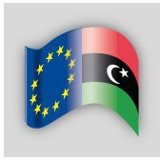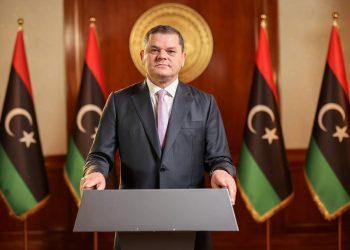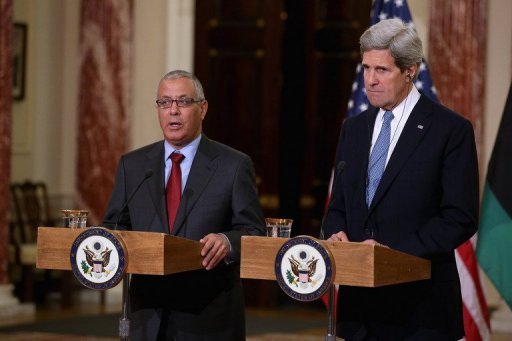Tripoli, 13 March 2013:
The European Union Delegation in Tripoli has . . .[restrict]said that it is deeply concerned about the continued detention and treatment of people held on alleged charges of proselytism in the country. In a statement agreed with all the heads of embassies of EU member states in Libya, it also called on the Libyan government “to ensure adequate conditions and treatment of all detainees in accordance with international standards and Libya’s international obligations”.
The call follows the arrest and continued detention of a number of Christians in Benghazi, mainly Egyptians, accused of proselytising. One of them, Ezzat Attallah, died while in detention in Tripoli last Sunday. The circumstances of his death remain unclear. An Egyptian civil rights activist claimed that the man had been tortured to death — a claim that resulted in dozens of Egyptian Copts attacking the Libyan embassy in Cairo on Monday. The Egyptian embassy in Tripoli, however, has said that Attallah, a diabetic, died of natural causes. Others, while accepting this version of events, say he would not have died at all if he had been properly treated.
There have also been allegations that some of the Egyptians arrested in Benghazi were mistreated while being held.
Four others arrested last month in a separate case of alleged proselytising – a Swedish-American, a Korean, a South African and another Egyptian – remain in jail, as do three Egyptian Protestants arrested with Attallah.
The EU Delegation today said it was “encouraged by the Libyan government’s efforts to commit to further reform efforts on the wider human rights agenda towards an all inclusive tolerant Libya”. It welcomed the commitment of the government to fully respect all human rights, the creation of the Human Rights Commission and the repeal of laws of the previous regime that restrict the enjoyment of human rights.
Nonetheless, it stressed that freedom of religion or belief was a universal human right which needed to be protected.
[/restrict]








